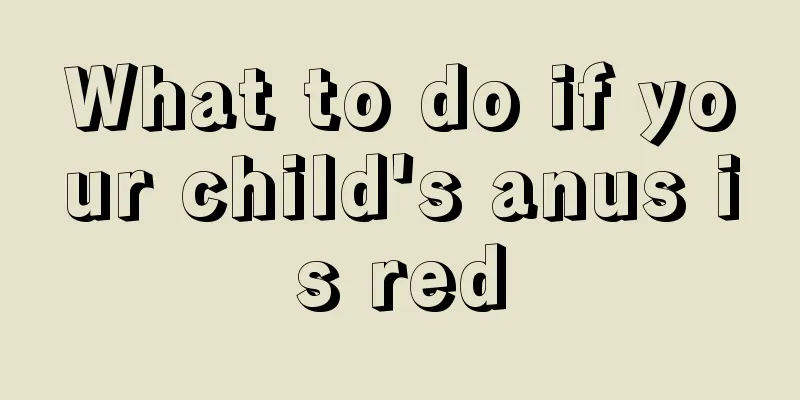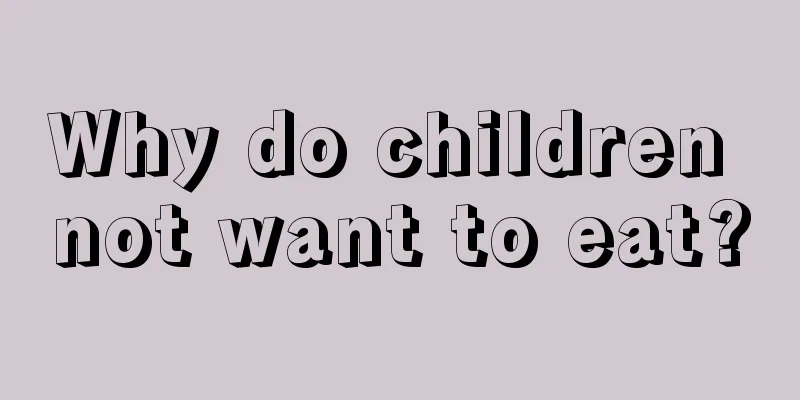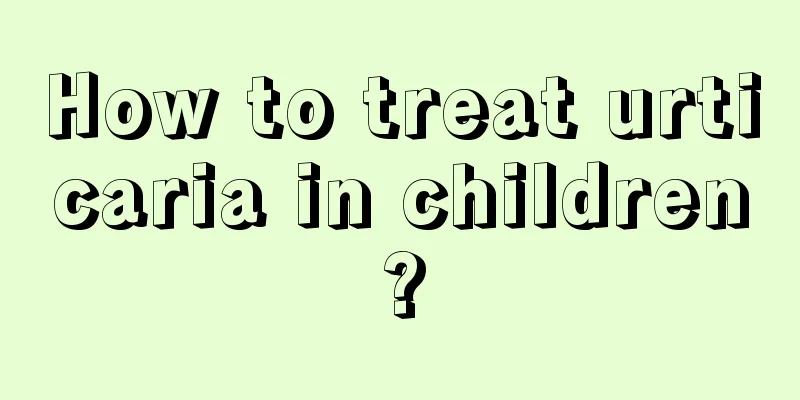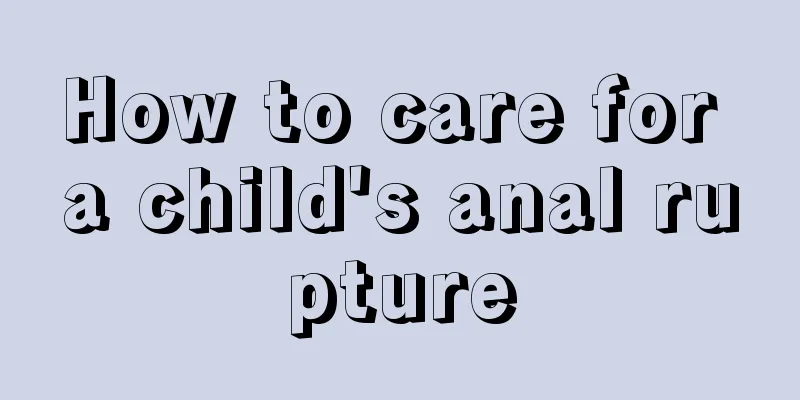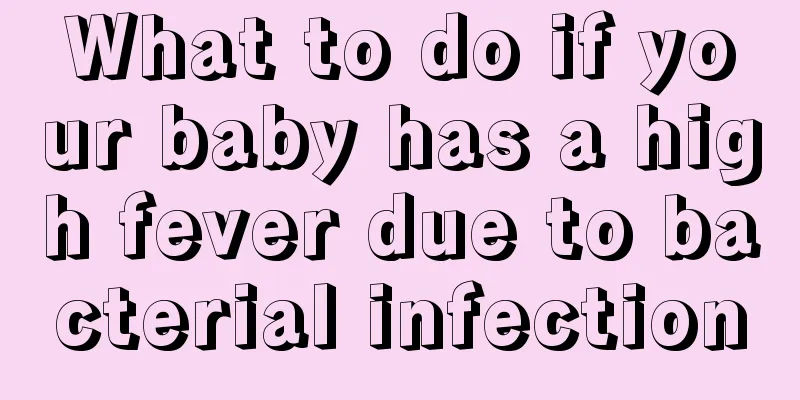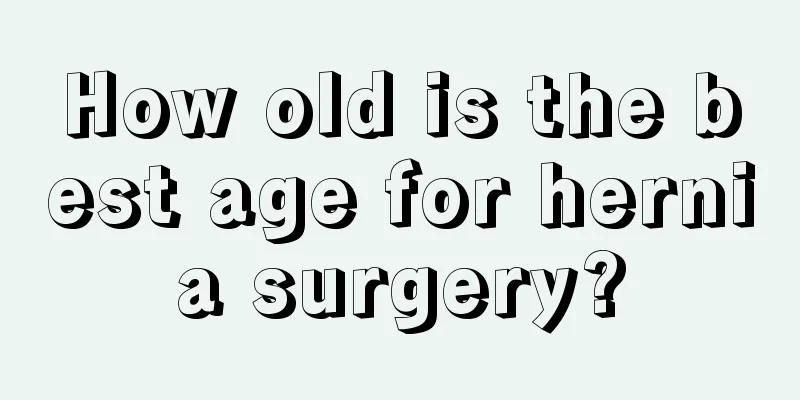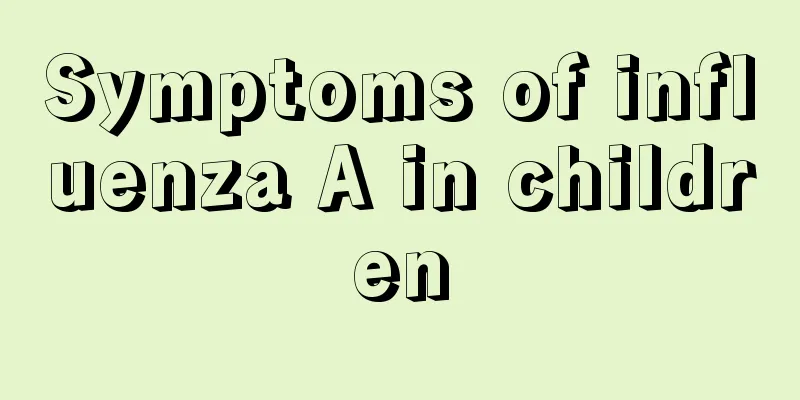Is it better for children to change their teeth early or late?
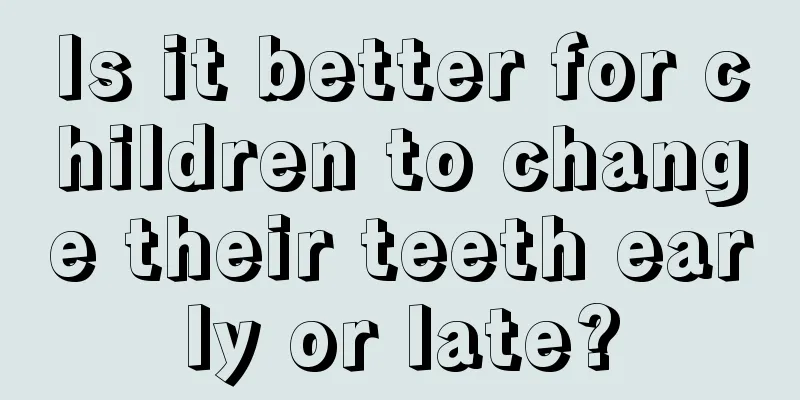
|
Whether it is better for children to change their teeth early or late depends on the physical constitution of each child. Normally, the teeth will be replaced at 5 to 6 months, while some children start to change their teeth at the age of 4. This is a normal physiological phenomenon. However, if all the deciduous teeth are not replaced after the age of 12, it may be caused by a lack of calcium in the body, which can easily lead to slow development of the baby. Is it better for children to change their teeth early or late? Generally, the first deciduous teeth of children begin to loosen and fall out when they are 5 to 7 years old. Therefore, if a child loses his or her deciduous teeth too early (before the age of 4), it means that this phenomenon is not normal. This may be due to internal adverse factors in the child's body, or it may be that the child has oral problems, such as some periodontal diseases. The most common one is gingivitis in children, but this periodontal disease rarely causes damage to children's teeth and bones. Therefore, it is necessary to go to the hospital for a check-up, so as to find out the cause of premature tooth loss and prevent the remaining teeth from falling out too early. Too late to replace teeth If a child's deciduous teeth have not fallen out normally after the age of 7, it is advisable to go to the hospital for a check-up. In most cases, the dentist will take dental X-rays of the child to see if the permanent teeth are buried under the gums or if there are any developmental problems. Don't worry if tooth replacement is delayed, because it will have little impact on the child's growth. On the contrary, some doctors believe that this situation allows permanent teeth to have more space to grow, which is very beneficial for the future eruption of permanent teeth. It is necessary to correct some bad habits of children in time, such as sticking out the tongue, biting the tongue, biting fingers or pencils, licking teeth with the tongue, etc. These bad habits will affect the growth of children's teeth and cause tooth deformation. Things to pay attention to when children change their teeth 1. Always pay attention to the development of teeth Always pay attention to the growth of children's deciduous teeth and permanent teeth, and take children to see a dentist regularly so that problems can be discovered at any time and resolved early. 2. Develop a good habit of brushing your teeth Children should be urged to brush their teeth every day. It is best for adults to help brush their teeth before going to bed at night, especially the upper teeth which are more difficult to clean and are most likely to cause tooth decay. The six-year molars are also not easy to brush because they are located at the innermost part of the mouth. You should use toothpaste and toothbrushes specially designed for children. The toothbrush head should be as small as possible, otherwise the child will easily vomit when the toothbrush reaches the innermost part. In addition to brushing teeth, it is best for children to rinse their mouths after each meal to maintain oral hygiene. 3. Eating hard food During the period of children's tooth replacement, they should eat more foods that are high in fiber and have a certain degree of hardness, such as fruits, carrots, beans, corn, etc., to maintain a good stimulation to the deciduous teeth and promote the shedding of deciduous teeth on time. On the other hand, it also helps to stimulate the facial and eye muscles through chewing movements, accelerate blood circulation, and promote the development of gums, jaws and facial bones, which is both healthy and beautiful. 4. Promote calcium absorption To enhance children's calcium absorption, encourage your baby to eat more foods high in calcium, such as milk, cheese, tofu, canned fish, etc. At the same time, they should take in enough vitamin C and D, because these two vitamins are helpful for calcium absorption. |
<<: Does baby tooth decay affect tooth replacement?
>>: What to do if your three-year-old baby has a sore throat
Recommend
Child's nosebleed
Nosebleeds are a common phenomenon. Most people m...
What is the normal weight of a three month old baby?
The baby's weight requires parents to pay mor...
What to do if your child is late in speaking
If children start to speak too late, it will have...
Treatment for 2-month-old baby who doesn't sleep at night
Children's physical condition is getting wors...
How to treat whooping cough
Whooping cough is usually a disease that children...
Why does the little boy sweat so much?
Sweating is a physiological self-regulating activ...
When is the best time to have hernia surgery in children?
Currently, the best treatment for pediatric herni...
What should I do if my baby has phlegm in his throat?
The main reason why the baby has phlegm in his th...
What to do if baby has eczema on head
The most common things that babies get when they ...
What are the symptoms of baby convulsions?
A healthy baby has no abnormal symptoms, but afte...
Children's wrist pain may be caused by this disease
Parents need to pay attention to children's w...
What to do if baby eczema recurs
We all know that every child is particularly pron...
What to do if your baby has intestinal infection
Many babies are young and in a period of rapid gr...
What smart behaviors will a five-month-old baby show?
The baby can already play with the mother when he...
What food is good for babies with anemia?
Baby's anemia is generally physiological anem...

